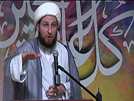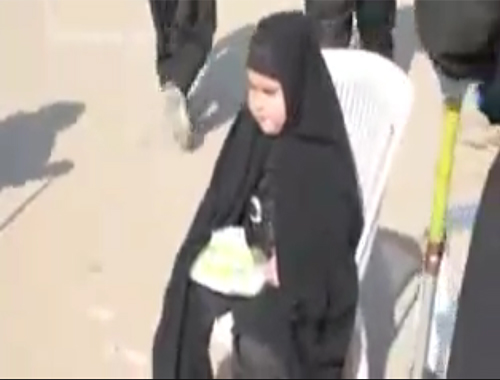Parents Cannot Restrain From Obligatory Acts Nor Can They Compel You to Commit the Prohibited
- Details
- Hits: 1934
Parents Cannot Restrain From Obligatory Acts Nor Can They Compel You to Commit the Prohibited
It should be known that the parents are not the absolute authority upon all the affairs of HarÄm and HalÄl. Their authority is restricted by the dual dictum, that they must not prohibit a Wajib thing and nor should order something HarÄm. If a situation demands the parents have to be disobeyed in absolute obedience to the commands of Allah (S.w.T.) and His Prophet (S).
“And We have enjoined on man goodness to his parents, and if they contend with you that you should associate (others) with Me, of which you have no knowledge, do not obey them; to Me is your return, so I will inform you of what you did.”
(Surah Al-’AnkabÅ«t 29:8)
Obedience to parents is highly stressed so that they may not be caused even the slightest discomfort by the disobedience of their children. It is totally prohibited by the Qur’an. Thus if the disobedience of the parents would incur their wrath then it is compulsory for the children to obey them.
Sometimes the parents may disallow something or order their children to do something. But if the child does not obey they are not angry. In such cases it is permitted for the child to follow his choice. For example the parents refrain their son to proceed on a journey that would cause hardship. But they do not mind if he insists on it. In this case it is Mubah for the son to go on this journey. However if this journey would cause the anger of one’s parents, it is a journey of sin and during this journey one has to pray SalÄt as complete (not Qasr) and also observe the obligatory fasts.











